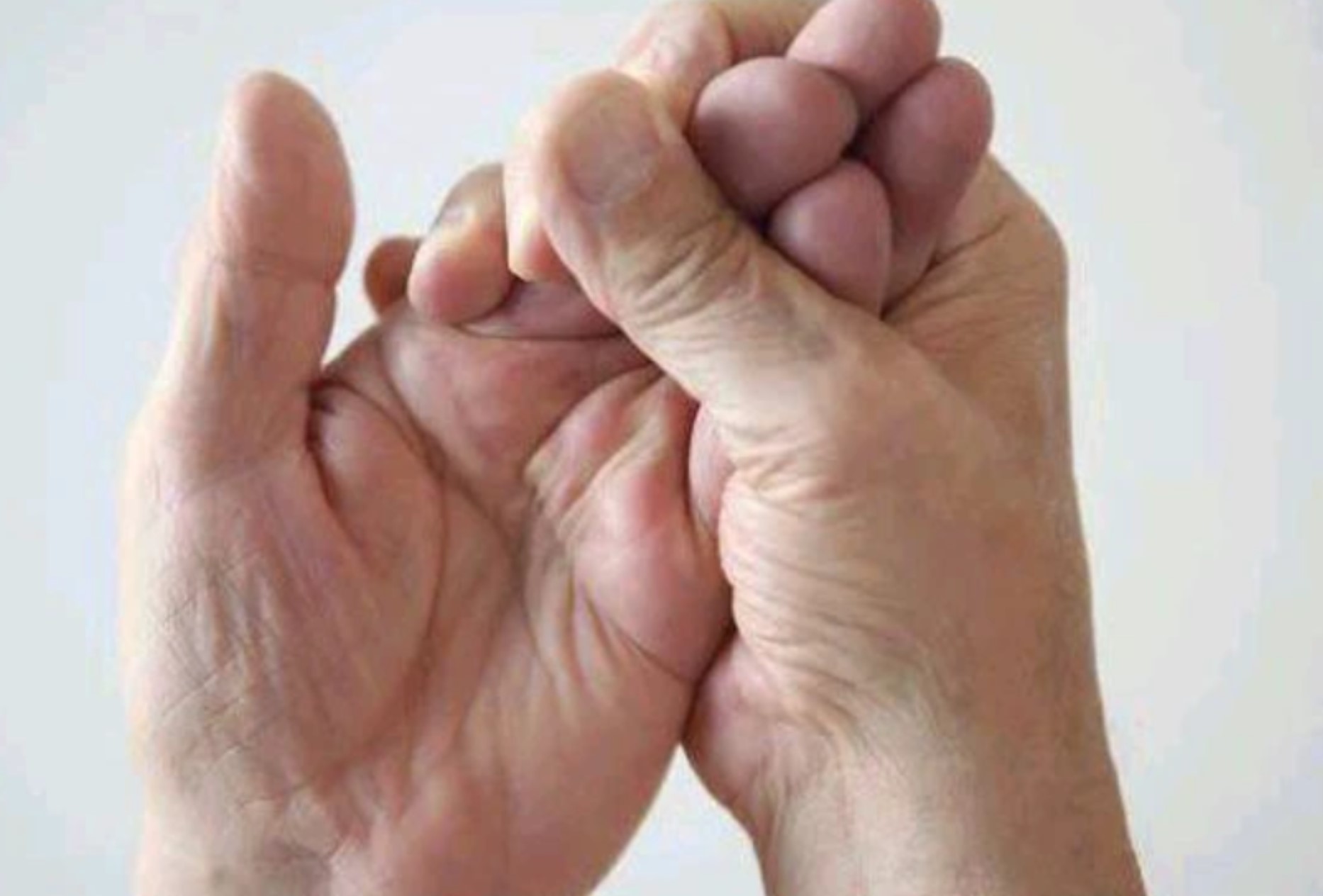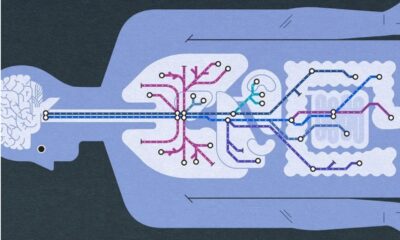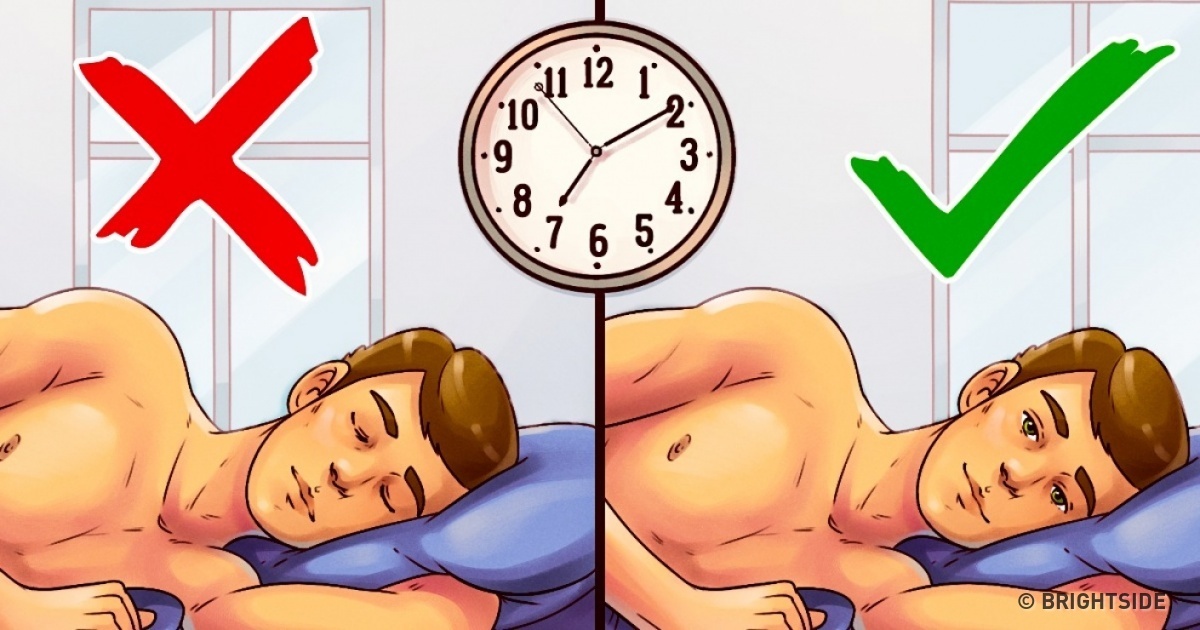HEALTH & LIFESTYLE
Don’t Ignore Your Hands And Legs Numbness- Here’s Is How To Treat It Without Going To Hospital

Continue Reading
HEALTH & LIFESTYLE
Ladies Please Do Not Damage Your Womb, Stay Away From This Three Things
HEALTH & LIFESTYLE
16 easy and proven ways that will help you sleep at night like babies
HEALTH & LIFESTYLE
Cure Your High Blood Pressure Forever With This Method
-

 METRO9 months ago
METRO9 months agoBride jailed for 11 years after being arrested on her wedding day
-

 IN-THE-NEWS9 months ago
IN-THE-NEWS9 months agoSecondary School Student Allegedly R*pes Mad Woman
-

 IN-THE-NEWS10 months ago
IN-THE-NEWS10 months ago‘Go And Rest;’ ‘It Can Happen To Anyone’
-

 METRO7 months ago
METRO7 months agoFlight attendant DISRESPECTS BLACK officer, but instantly regrets it when it happens –
-

 SPORTS9 months ago
SPORTS9 months agoCeltic Glasgow secures experienced goalkeeper Kasper Schmeichel after Joe Hart’s retirement
-

 SPORTS9 months ago
SPORTS9 months agoAndy Murray’s Dream Team: A Farewell to Wimbledon with Emma Raducanu
-

 IN-THE-NEWS10 months ago
IN-THE-NEWS10 months agoNigerian Gamblers Embrace Crypto Betting for Safe Casino Adventures
-

 HEALTH & LIFESTYLE7 months ago
HEALTH & LIFESTYLE7 months agoEverything You Wanted to Know About the Longest Nerve in the Body



